The beginning of this movie is always missing a big piece — most children can’t remember anything before the age of three. This phenomenon is called “Childhood Amnesia” by psychologists.
Is it really because our brains are “not strong enough” that we forget those early moments? In fact, this type of forgetting is not a flaw but an active choice. Let’s explore the mystery behind brain development in children.

Childhood Amnesia: Is It an Innate Condition?
In the early years, infants lead rich lives, going through the process of being born, establishing their first connections with their parents, and learning to perceive the outside world.
However, strangely, these precious fragments are completely forgotten as they grow up. Even though there are no memories before the age of three, it doesn’t mean that the brain is “empty” during that time.
In fact, the infant’s brain is developing at a rapid pace. Research shows that the infant brain has a much higher number of neural connections than adults. On the surface, such a robust network might seem sufficient to support memory formation, but it’s not that simple.
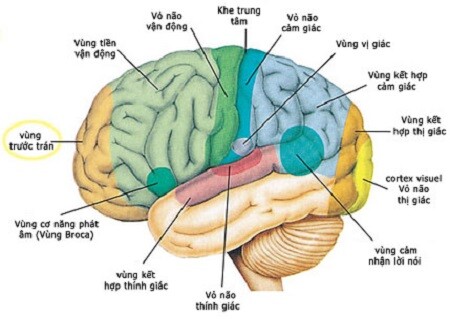
Brain characteristics of children from 0 to 6 years old.

The Price of Brain Development: Forgetting the Past to Embrace the Future
In its early stages, the neural network grows like weeds, with about a million neural connections formed every second. But these connections are chaotic, so the primary task at this stage is to form basic cognitive frameworks, such as understanding language, learning to walk, and recognizing familiar faces.
To make room for more complex cognitive abilities in the future, the brain needs to go through a “pruning” process to eliminate useless, redundant, or inefficient neural connections.
This process is called “neural pruning.” It’s like pruning a tree branch, simplifying and refining the brain’s neural network. Most pre-three-year-old memories are eliminated through this process and no longer exist.
Just as building a house requires clearing the land, the brain must continuously optimize its storage system as it learns and grows.
When “low-priority information” unrelated to survival, such as specific memories before the age of three, is easily forgotten, more critical abilities like cognitive skills and basic social methods are retained.
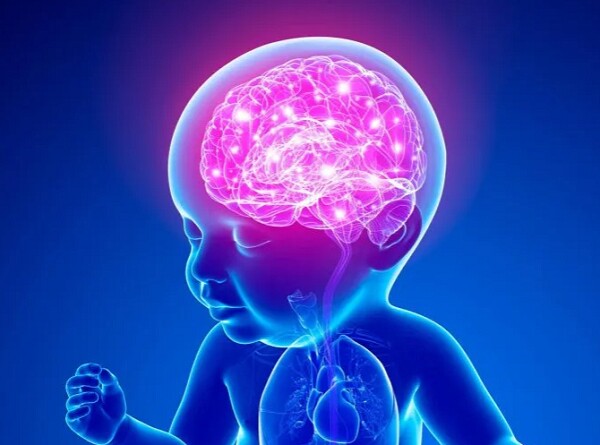
In its early stages, the neural network grows rapidly.

The Intervention of Language: A Turning Point in Memory Formation
The development of language is a pivotal moment in a child’s memory. The human memory system is closely linked to language use.
In infants and toddlers, language is not yet fully mastered, and they lack the precise vocabulary to name and organize their experienced events, leading to fragmented memories.
More importantly, memory needs to be encoded with cognition, and without the intervention of language, these perceptions are like trees without roots and cannot be retained long-term.
For example, a toddler may vaguely remember being picked up by their mother after falling, but they cannot express it clearly in words, “I fell down.” “Mom hugged me”…”I was scared”… “I cried.” When memories are poorly organized, they naturally fragment and fade over time.
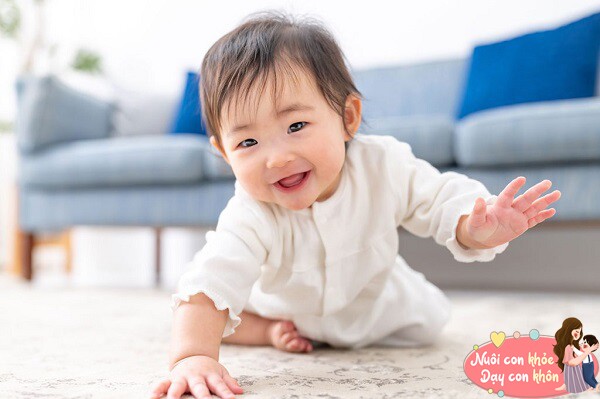
The development of language is a turning point in a child’s memory.

The Forgetting Mechanism: Hiding Early “Pain”
The lack of pre-three-year-old memories in children is considered a psychological protection mechanism. Infants and toddlers at this stage face various pressures from the world, such as hunger, insecurity, and uncontrollable fears.
For adults, the need to vividly recall these experiences daily could become a psychological burden. Research shows that amnesia can reduce our perception of past negative events, making it easier to maintain mental health.
This “active forgetting” mechanism also helps individuals “graduate” from a purely sensory world and face life with more maturity.
Consider the sad nights when infants cry due to a lack of attention. If these emotional memories persisted into adulthood, it could hinder their psychological development.
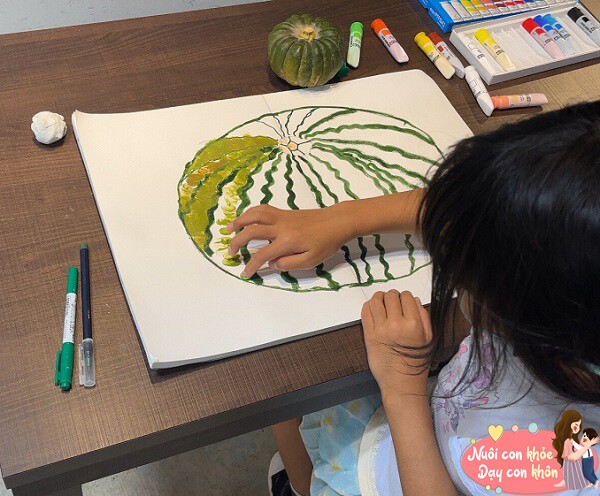
The lack of pre-three-year-old memories is considered a psychological protection mechanism.

Why Do Memories Start at Age Three? A Growth Turning Point?
Around the age of three, the brain’s structure reaches adult-like levels. Another significant change during this period is the emergence of self-awareness.
Simply put, infants have a vague concept of “self” during most of their early years. It’s like an actor on a stage, passively performing without realizing they also have a subjective position.
After the age of three, as the hippocampus (the region responsible for memory processing) improves its function and the prefrontal cortex develops further, self-awareness gradually kicks in.
The child starts using “I” to describe themselves, and memories are now clearly labeled as “personal experiences.” These well-organized memories are no longer stored in the brain’s initial “glove compartment” but can be retained in long-term memory, becoming a puzzle for each person’s adulthood.

Forgetting Is the Wisdom of Evolution
Perhaps each of us has envied those with extraordinary memories or fantasized about remembering our entire lives. Still, considering the brain’s selective forgetting mechanism, this “loss” is a manifestation of wisdom.
Setting aside the mundane and chaotic, focusing limited intellectual resources on constructive and adaptive development for the future is one of humanity’s evolutionary strategies.

Around the age of three, the brain’s structure reaches adult-like levels.
These deeply buried memory fragments are actually paving the way for us to walk lightly and embrace new challenges. Modern psychology also validates the rationale behind this evolutionary strategy. In some memory experiments with children, researchers found that, regardless of cultural differences, personality traits, or specific memory content, most individuals have blank memories before the age of three.
The only consistent element is emotional imprinting, such as the emotional impact of scents, familiar touches, or specific melodies.

How Does Forgetting Relate to Our Lives?
The brain’s choice to let go of pre-three-year-old memories is a “give-and-take” approach, laying a stronger foundation for children’s development.
Even though we can’t recall those years, they haven’t entirely lost their role — psychological research shows that infants’ intimate interactions, environmental perceptions, and emotional experiences in their early years profoundly influence their personality development and interpersonal relationships as adults.

The brain’s choice to let go of pre-three-year-old memories is a “give-and-take” approach.
Thus, the “memory window” before the age of three doesn’t mean it has disappeared but has become a part of the child’s growth process, gradually shaping their character and habits. In other words, every action an adult takes is subtly influenced by their childhood experiences, even though they can’t explicitly describe them.
The brain remains a mysterious organ, with many secrets yet to be uncovered. While science has explained much about the enigma of childhood amnesia, there are still unanswered questions.
The brain, an enigmatic organ, still holds secrets waiting to be discovered. Perhaps this blank canvas of pre-three-year-old memories is not a “defect” but a beautiful forgetting, a transition from chaos to clarity.
5 Healthy Snacks to Boost Your Child’s Height and Intelligence
Healthy snacks such as fruits, vegetables, and nuts are a great way to keep kids energized throughout the day. These nutritious treats are packed with essential vitamins and minerals that fuel their growing bodies and minds. By offering a variety of delicious and wholesome options, you can ensure that your little ones stay active and focused, whether they’re at school, playing sports, or just enjoying a day out with friends. So, encourage healthy snacking and watch your kids thrive!



































